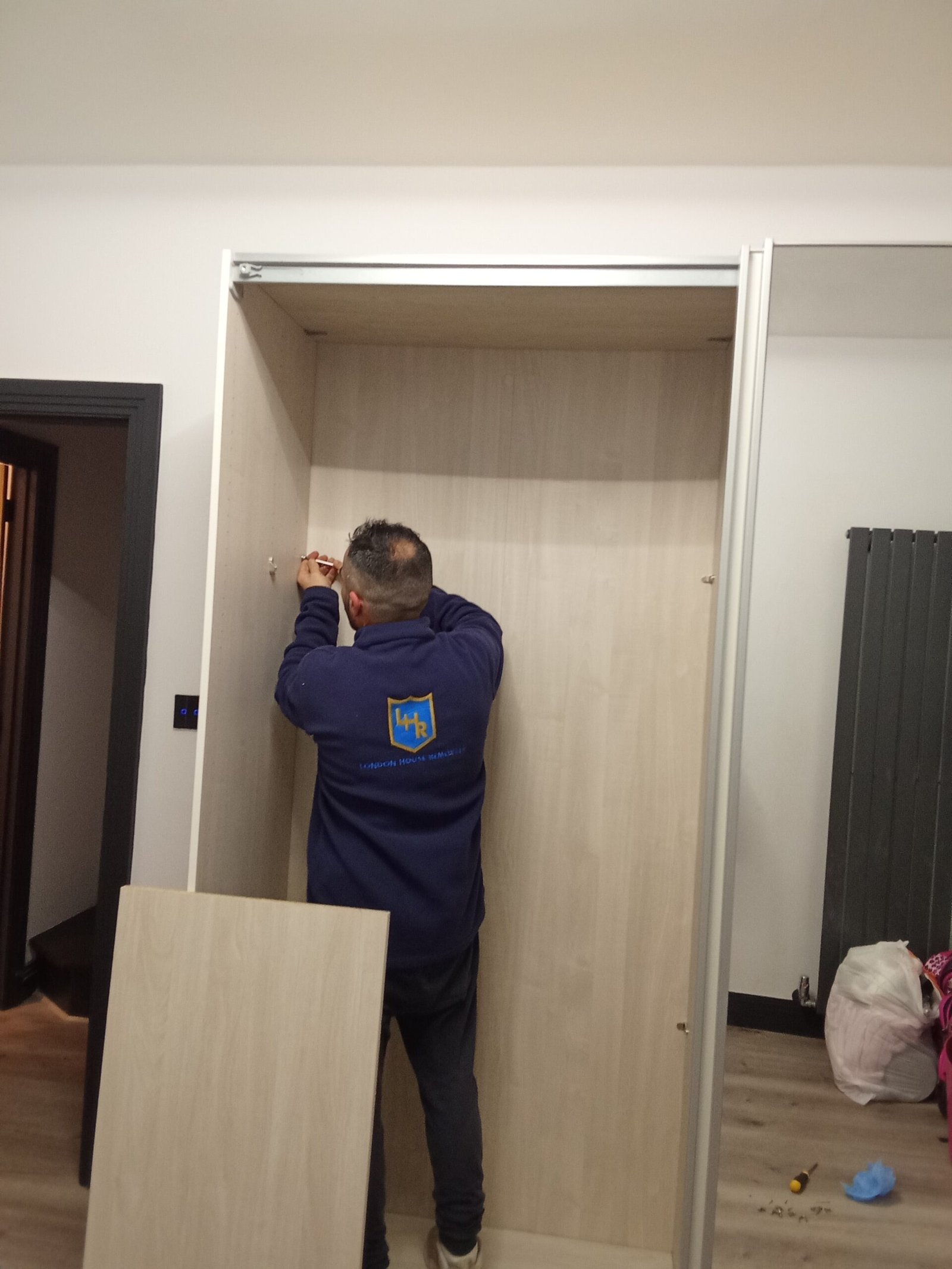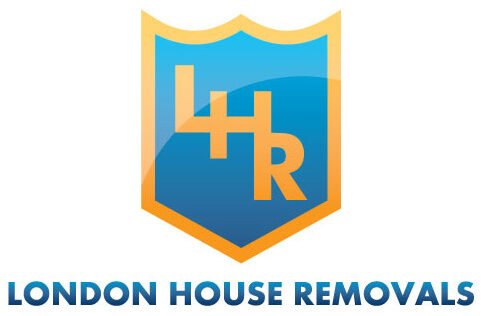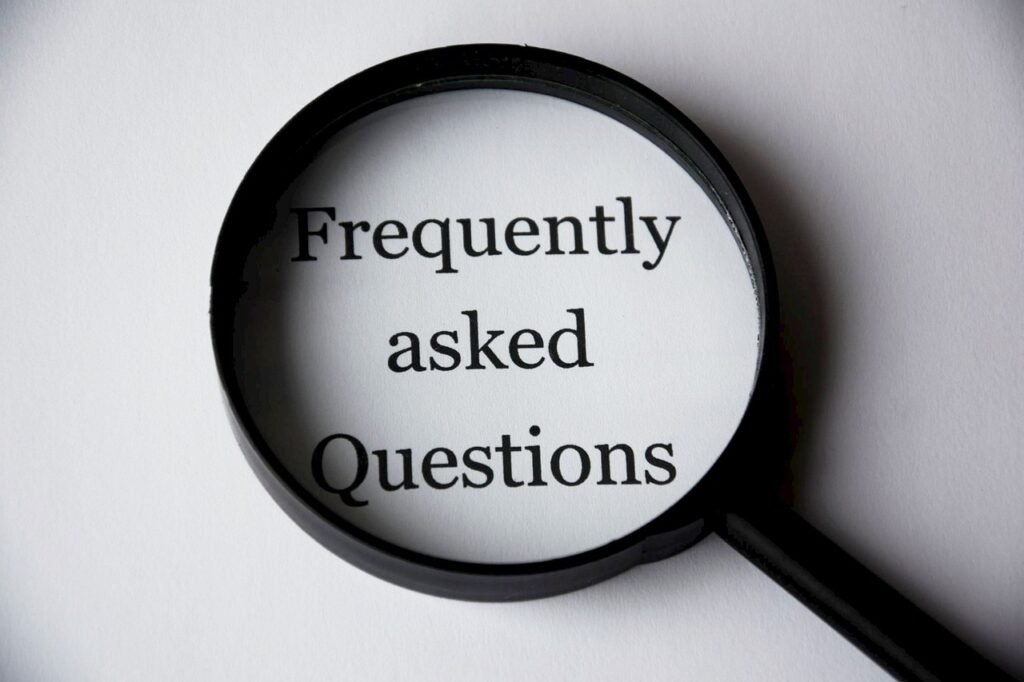 Contact us
Contact us
“Move with precision, choose London House Removals.”

About Us
London House Removals is very proud of providing the best services to our customers for a long time. During moving all your valued possessions and belongings need to be safely to your new location. Whether the move is a small or a big London House Removals always take care equally and handle every move professionally and carefully with our expert team.
We pack your valued possessions and collections such as antiques, glass-ware and other fragile items carefully by choosing the right material for packing, which prevents damage due to crushing, we are one of the best moving companies in London. When you compare removal quotes you will find us best in price and services.
Moving home is always stressful, but we at London House Removals make sure that all your removals demands are met with utmost care.
Professional, reliable, and stress-free moves
Residential Moves
At London House Removals, we have a team of professional and skilled movers who are dedicated to providing you with a hassle-free moving experience.
International Moves
Moving abroad is a major life milestone. At London House Removals, we provide expert planning and coordination for a smooth, stress-free move.
Commercial Moves
Our team of professional movers is well-trained and experienced in handling office moves. We use the right materials to pack and transport your equipment.
Packing Services
For customers who prefer a hassle-free experience, we offer both full packing service and part packing service. Our team is also trained to handle breakable items.
At our company, we understand the importance of providing reliable and secure storage solutions for our customers. we have the perfect solution to meet your needs.
Furniture Assembly
We offer disassembling and reassembling services for your furniture. Our team always carries the necessary tools to handle any type of furniture.
Professional services for stress free moves
Why Choose Us
Here are some reasons why you should choose London House Removals for your next move:
- Trust and Care: We understand that entrusting your belongings to a moving company requires trust. That’s why we prioritize the trust and care of our customers throughout the entire moving process. From the moment you contact us until the last box is unpacked, we ensure your satisfaction.
- Punctuality and Efficiency: Our team values your time and strives to deliver prompt and efficient service. We always arrive on time and work diligently to complete your move in a timely manner. With our room-to-room service, you can trust that your belongings will be placed exactly where you want them, eliminating the hassle of rearranging furniture later.
- Professionalism and Courtesy: Our professional team is dedicated to providing exceptional customer service with a courteous and respectful attitude. We understand that moving can be stressful, and we’re here to alleviate that stress by handling your belongings with care and professionalism.
- Competitive Prices: We believe that quality moving services shouldn’t break the bank. That’s why we offer competitive prices without compromising on the quality of our services. With London House Removals, you can trust that you’re getting value for your money.
- Comprehensive Services: Whether you’re moving locally or long-distance, residential or commercial, we offer a range of comprehensive services to meet your specific needs. From packing and unpacking to furniture assembly and disassembly, we’ve got you covered every step of the way.
Choose London House Removals for a moving experience that’s smooth, stress-free, and tailored to your needs. Contact us today to learn more and schedule your move.
Prepare for your move
Areas We Cover
Areas We Cover
Forest Gate
Forest Hill
Friern Barnet
Fulham
Golders Green
Greenford
Greenwich
Hackney
Hammersmith
Hampstead
Hanwell
Havering-atte-Bower
Hendon
Herne
Highbury
Highgate
Holborn
Holloway
Hornsey
Hoxton
Isle of Dogs
Islington
Kensington
Kilburn
Kingsbury
Kingston upon Thames
Knightsbridge
Lewisham
Leytonstone
Leyton
London
Maida Vale
Manor Park
Marylebone
Mayfair
Merton
Mile End
Mill Hill
Mitcham
Morden
Mortlake
Muswell Hill
Neasden
New Addington
New Cross
North Finchley
Notting Hill
Paddington
Palmers Green
Peckham
Plaistow
Poplar
Primrossmead
Thornton Heath
The Borough
Tottenham
Totteridge
Tufnell Park
Upminster
Wallington
Walthamstow
Walworth
Wandsworth
Wanstead
Wapping
West Brompton
West Ham
West Norwood
Westminster
Whetstone
Willesden
Wimbledon
Winchmore Hill
Wood Green and Woolwich.e Hill
Putney
Regent’s Park
Redhill
Shepherd’s Bush
Shoreditch
Sidcup
Soho
South Ockendon
South Woodford
Southgate
Spitalfields
St John’s Wood
St. Pancras
Stockwell
Stoke Newington
Strand
Stratford
Streatham
Sutton
Tooting
Thame
With our unparalleled professionalism and expertise, we ensure a seamless relocation experience for our esteemed clientele across these distinguished locales.
Need more help?
Feel free to reach out to us. Our customer service team is here to help and will respond to your inquiry as soon as possible.
- 02030046846
- info@london-houseremovals.co.uk
Removal Company Croydon Stockwell, Home moving company Stoke Newington, House removals in Strand, Stratford Home removals moving company, House removals and storage Streatham, House removals in Sutton, Man and van services Tooting , Thame House Removals near me , Removal Company near Acton, Home moving company Balham, Home moving company Balham,




